
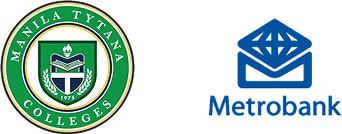
An established partnership with the Metrobank Group, internship program directed at real-world experience, classroom teaching enhanced by what works best in practice – these and a whole other line-up of academe-industry programs add up to ensure graduates who are industry-oriented, highly employable, and always with an edge.
Students of Manila Tytana Colleges (Tytana) have an advantage because Tytana will teach and train them within an academe-industry partnership framework. Tytana and its industry partners, in particular the Metrobank Group, will work together in providing students of arts and sciences, business and management, and nursing with training and experience important in workplace integration.
“We foster in our students the knowledge and skills needed for their professions. And if they perform well, members of the Metrobank Group can identify them as prospective employees,” said Dr. Sergio S. Cao who is president of Tytana and former chancellor of the University of the Philippines Diliman.
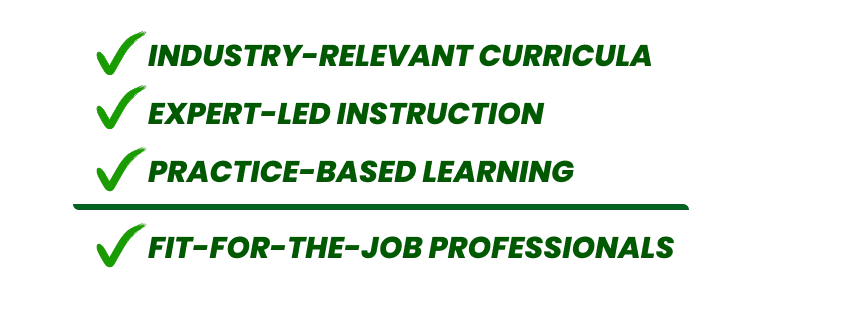

The Department of Labor and Employment has stressed job-skills mismatch among its top concerns to address. Those who find work may have skills different from what are expected of them by employers.
According to a June 2012 report by the Asian Development Bank (ADB), “Improving Transitions: From School to University to Workplace”, emphasizing soft skills can be part of better aligning university curricula with labor market needs.
Through a carefully designed academe-industry framework, Tytana will teach and train students to become industry-oriented. Specific programs will equip students with soft skills that are constantly important at work, such as critical thinking, application orientation, and working together with others.
At Tytana, the Academe-Industry Partnership Framework creates a synergy where the value of learning is
especially related to its application, and where the application reflects how teaching and training may be enhanced.
When Tytana students are placed as interns in companies such as members of the Metrobank Group, they will be challenged to handle actual work projects. To successfully handle their assignment, they will have to adapt to real-world contexts such as client expectations, role ambiguities, task priorities, and logistical limitations.
Because of the nature of organizations and team projects, Tytana students will be exposed to the dynamics of working in teams and having one’s working capacities complemented by others. Students can hone the often taken-for-granted skills of observing, listening and sharing of insights when they attend corporate meetings and discussions.
Tytana’s partnership with the Metrobank Group will enable students to visit the group companies’ selected manufacturing facilities and corporate offices. This extends student exposure to work settings.
Through on-site visits, tours and events, students will be oriented on how their respective industries operate. Further, they may benefit from an exposure to the companies’ activities in immediate environments such as community involvements and corporate social work.
The highlight of the academe-industry framework is the flow and exchange of knowledge between Tytana and its partner companies. The industry perspective proves invaluable. Member companies can provide understanding on business sector directions and expectations, and employer needs. They can articulate role-specific skills and training requirements of prospective professionals.
Member companies can provide Tytana feedback on their perception of Tytana’s teaching outcomes and products. As Tytana carefully integrates guidance from the industry, the resulting teaching design becomes robust and responsive to industry needs.
The sharing of best practices with students will be done by visiting or adjunct professors. Adjunct professors will share what works in practice. Students will learn which ideas, methods, and tools are operationally effective given specific scenarios.
Tytana’s collaboration with partner companies can diffuse knowledge not only from the industry to the school, but also from the school to partner companies. Through commissioned research and consultancy, companies may tap reliable guidance and up-to-date findings from the academe.
Tytana faculty and students will largely gain from fine-tuning research approaches and recommendations compatible with the needs and contexts of partner companies; and disseminating research results in a format attuned to the information needs of companies and their departments.
By providing students with experiences relevant to their workplace integration, Tytana works hard in ensuring its students’ smooth transition from college to workplace. Tytana graduates are one step ahead in pursuing work that they find appealing and important more than any other.
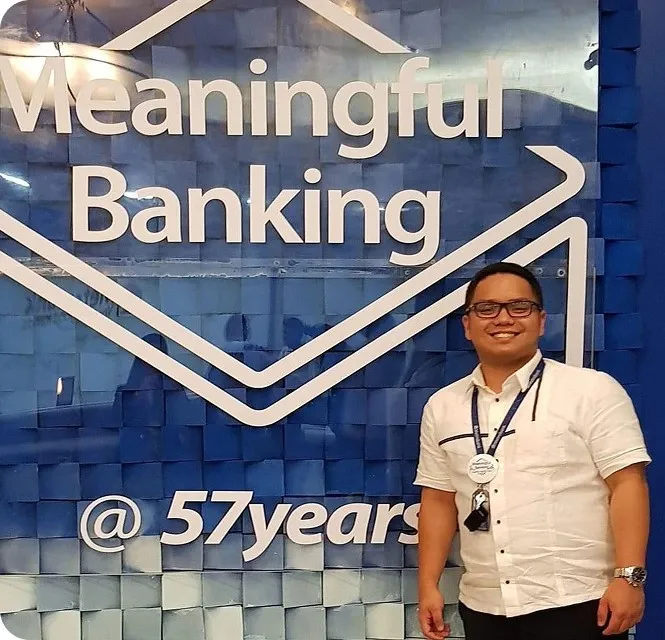



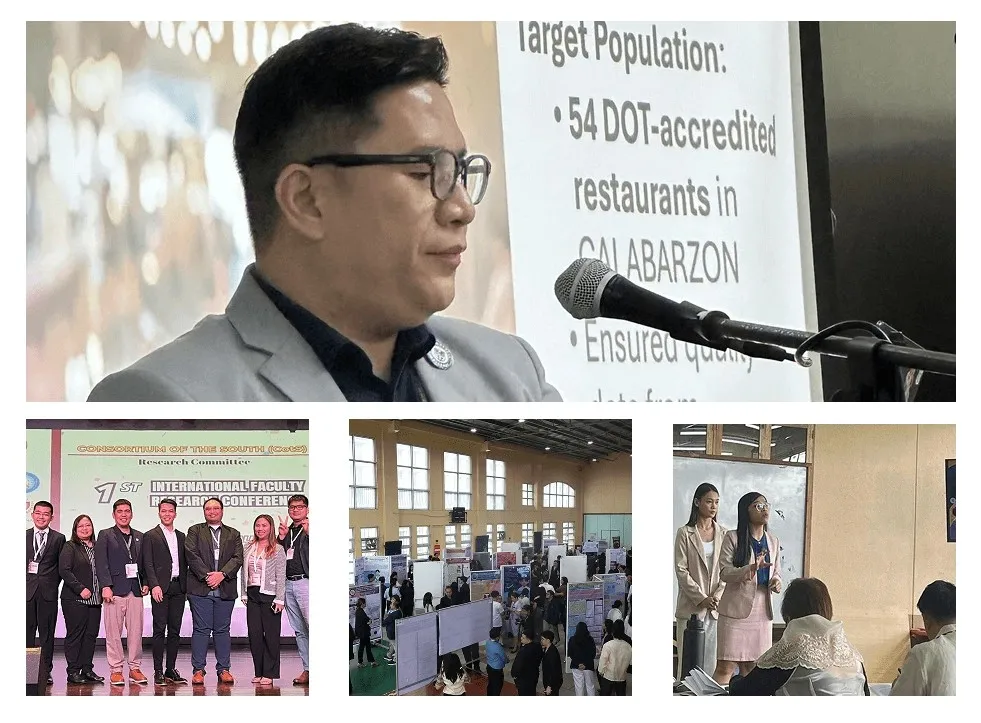
Moreover, the Research Agenda are based on relevant international and national agendas such as the 2030 Agenda for Sustainable Development, National Unified Health Research Agenda (2017-2022), National Mental Health Research Agenda (2019-2022), Harmonized National Research and Development Agenda (2017-2022), Basic Education Research Agenda and National Higher Education Research Agenda among others.
Along with this agenda are the following goals:
Any sterling organization is a helping organization. A reputable school exists for a fundamental reason – to preserve the culture and basic tradition of providing quality and excellent education to its students. Tytana has been in that social mission with great dedication and commitment for more than three decades.
Tytana has redefined its framework of community extension program in delivering social services. Being an educational institution, Tytana has chosen to direct its extension efforts to a holistic and complementary Literacy Program.
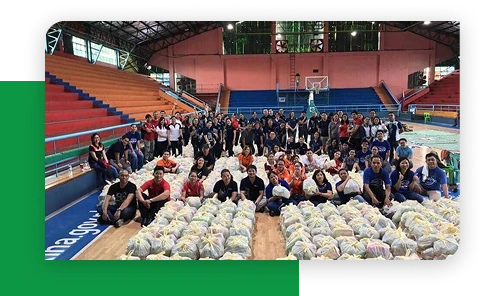
Programs, which are consistent with the objectives of Tytana’s different academic curricula, enable the transfer of technology from the expertise of the Manila Doctors College of Nursing which concentrates on health care management, the College of Accountancy and Management which focuses on livelihood training, and College of Arts and Sciences which provides support in nutrition and wellness programs, reading and writing programs, and counseling initiatives. The College has made its partner communities, its extended classrooms providing avenues for social involvement to its students, faculty and staff.
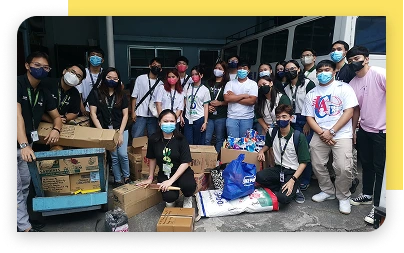
The Tytana Community Extension Program seeks to involve all members of the Tytana community in various nature and levels of participation, directing resources (human, intellectual and capital) for diverse target groups and beneficiaries, essentially contributing to both human and social development of its partner communities and society at large. Tytana continues to conduct extension programs to its partner communities.
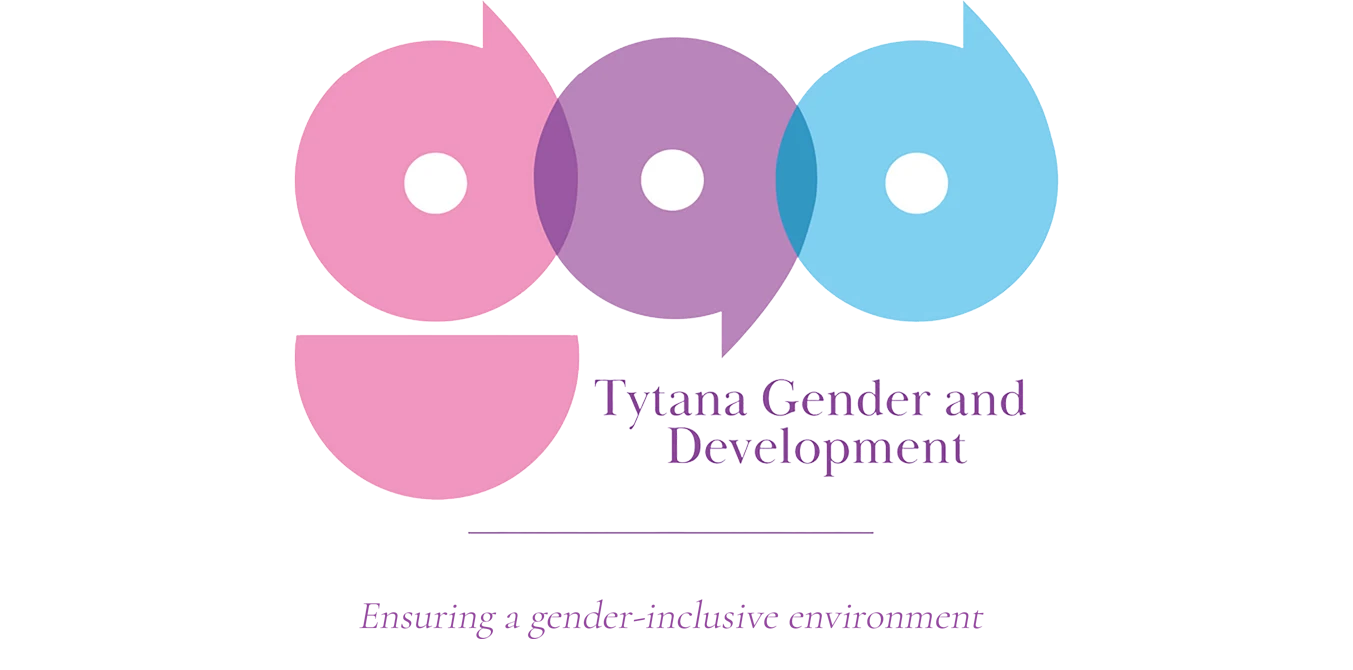
Ensuring a gender-inclusive environment. Honoring its commitment to providing values-driven, progressive education, Tytana has established a prime mover for gender awareness and responsiveness – the Tytana Gender and Development.
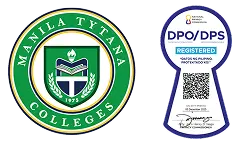
Metropolitan Park,
President Diosdado Macapagal Boulevard,
Pasay City 1300, Philippines
A Partner of Metrobank Group. © 2025 All Rights Reserved.